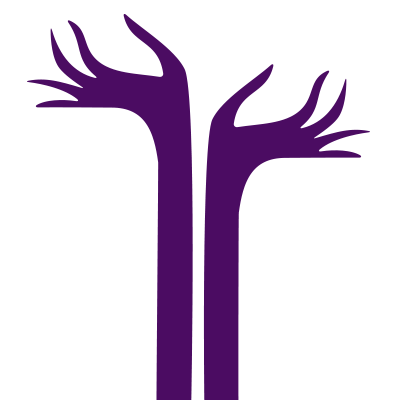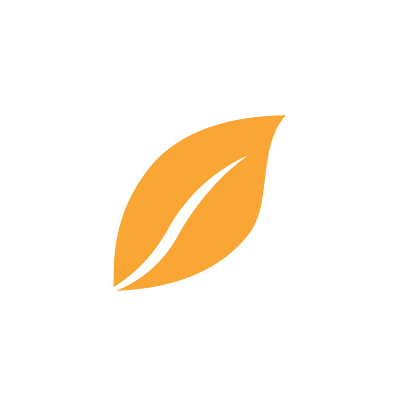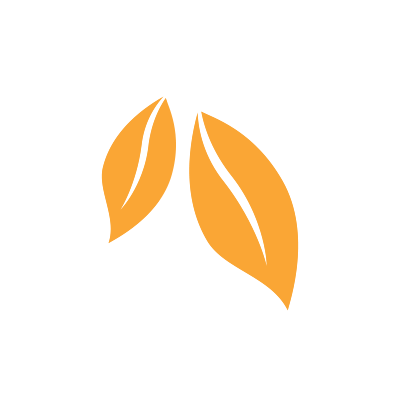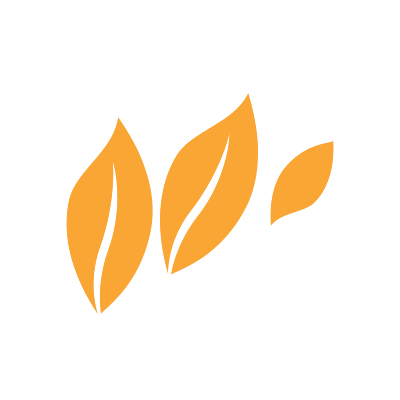HOW WE HELP SURVIVORS
For more than a decade, VIDA has developed strategies to improve the quality of services for immigrant survivors of domestic violence, sexual violence human trafficking, and other violent crimes. These strategies have become best practice models. VIDA continues to use these methods to help survivors find hope, justice, and opportunity in their lives.
VIDA provides free direct services to survivors in Florida, the majority of whom live in South Florida, but also assists with cases in other parts of the U.S., Caribbean, and internationally on a case-by-case basis. VIDA's training, technical assistance, and advocacy is worldwide.


OUR SERVICES
- Direct legal representation in immigration matters, including obtaining temporary immigration relief, permanent residency, work permits, driver’s licenses, court representation; and advanced legal advocacy.
- Criminal justice advocacy, other legal advocacy, and accompaniment through the criminal case for trafficking survivors.
- Case management, including initial and ongoing assessments, safety planning, and case coordination with law enforcement and other providers.
- Coordinated referrals for crisis intervention, counseling, financial assistance, shelter, life skills training, health care access, empowerment support groups, and non-immigration legal services such as restraining orders, divorce, custody, housing, and other legal matters.
- Outreach and education to the community through Know Your Rights presentations, brochures, and more.
- Training and technical assistance to law enforcement, advocates, service providers, faith-based community organizations, court and justice system personnel, and government officials.
- Curriculum development and creation of informational/outreach materials.
- Policy advocacy in the form of advice on legislation; assessments and strategy development around harmful policies, practices, and laws; and legislative advocacy.
.
OUR GOALS
- Safety: Survivors and their families are able to live free of violence.
- Stability: Survivors have new opportunities and are able to support themselves and their families and fully participate in society.
- Recovery: Survivors and their families are able to heal from trauma and abuse, and can use their voices to advocate for themselves and their communities.
- Systemic Change: Survivors experience improved systems and community responses to more effectively address and resolve their issues; and the ongoing cycle of violence ends.
.


OUR APPROACH
- Survivor-centered – A survivor’s well-being is at the center of all that we do. Our services are tailored to each survivor’s needs and goals. We help our clients make informed decisions about their lives, and become their own advocates.
- Multi-disciplinary – We utilize as many areas of expertise as possible. We coordinate with other agencies, continue our professional development, and engage with the wider community of advocates to stay informed about new best practices.
- Trauma-informed – We are trained in the ways in which trauma impacts life and behavior, and adapt our expectations and services accordingly.
- Culturally and linguistically-sensitive – We work to be accessible to, and respectful of, the many languages, cultures, abilities, identities, and communities around us. We are diverse and multilingual, and understand the immigrant experience firsthand.
.
